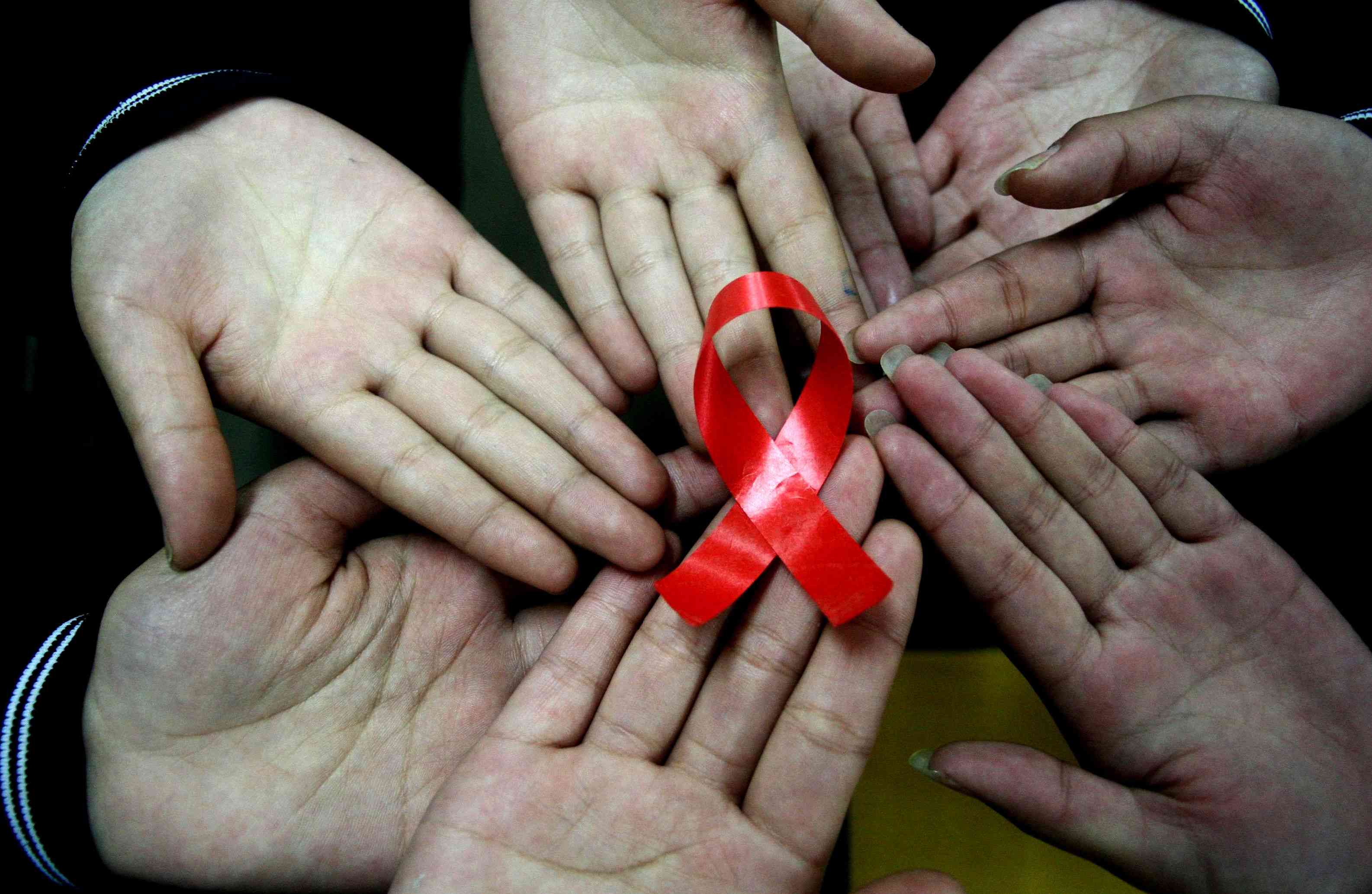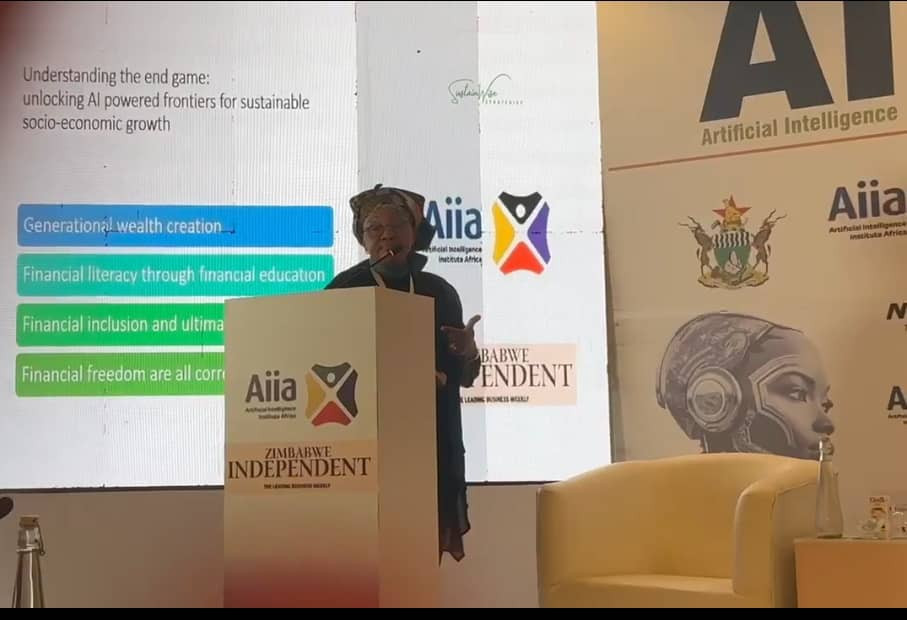
ZIMBABWE has a fantastic opportunity. It can end the Aids pandemic by 2030 by letting communities lead.
Communities of people living with HIV or at risk of contracting HIV are the drivers of progress in the Aids response. They connect people to public health services, build trust, innovate, monitor the implementation of policies and services and hold service providers accountable.
For example, in Zimbabwe community-led organisations deliver services to their peers and employ peer-led approaches to provide services to the most affected populations by HIV and Aids.
The country has a strong peer-led programme responding to the needs of sex workers, high risk men and people of diverse genders.
The key populations programme, one of the few in Africa with national coverage, reaches more than 38 000 sex workers each year and operates in 12 static, 13 drop-in centres (nine specifically for young women who sell sex), 26 highway mobile and 118 highway and local mobile clinic sites across all 10 provinces of Zimbabwe supported by PEPFAR/USAid and the Global Fund.
The contribution of the community-led organisations to the Aids response programmes helped to tackle other pandemics and health crises too, including COVID-19. Letting communities lead builds healthier and stronger societies.
But so many communities face barriers to their leadership. community-led responses are under-recognised, under-resourced and in some places even under attack.
Globally, funding for communities has fallen by11% in the last 10 years from 31% in 2012 to 20% in 2012.
- Mavhunga puts DeMbare into Chibuku quarterfinals
- Bulls to charge into Zimbabwe gold stocks
- Ndiraya concerned as goals dry up
- Letters: How solar power is transforming African farms
Keep Reading
These funding shortages, policy and regulatory hurdles, capacity constraints, crackdowns on civil society and on the human rights of marginalised communities are obstructing the progress of HIV prevention, treatment, and care services.
It is in everyone’s interest to fully fund community-led organisations and remove the many obstacles they face. It is by enabling communities in their leadership that the promise to end Aids can be realised.
This is why communities are at the centre of World Aids Day commemorations this year, including in a major new UNAids report Let Communities Lead.
The report sets out the facts and figures that demonstrate communities’ impact and share how progress is being driven by communities through case studies from across the world and through guest essays by nine pioneering community leaders.
As the report noted, there is a need not only to recognise the contributions communities make but also to pull down the barriers that stand in their way.
This World Aids Day is a call to action to support communities and unleash their full potential.
That means:
- The leadership role of communities needs to be core in all HIV plans and programmes and in their formulation, budgeting, implementation, monitoring and evaluation.
- Communities need to be fully and reliably funded to allow them to scale up their services and for workers to be properly remunerated for their contribution.
- And barriers to community leadership need to be removed. There must be an enabling regulatory and legal environment that allows communities the space to operate and protect human rights for all, including adolescent girls and young women, people who use drugs, sex workers, migrants and refugees, and other vulnerable populations who are at high risk of acquiring HIV.
Laws and policies that do not fully address the needs of the most vulnerable to HIV infection need to be revisited to enable HIV testing and access to services on time.
Some of these laws include the age of consent law which presents barriers to services for young people below 18 years of age. Further, drug possession laws that criminalise users of drugs often discourage users from seeking HIV services which they desperately need.
It has been a long-standing principle of the Aids response to bring people living with and affected by HIV to the decision-making table. Nothing About Us Without Us! Where this is being followed, progress is being made.
Supporting communities in their leadership is not only the right thing to do, but also essential for advancing public health.
Aids is far from over. Last year, worldwide 630 000 people died of Aids-related illnesses, 1,3 million people were newly infected with HIV and 9,2 million people did not have access to lifesaving HIV treatment.
In Zimbabwe in 2022 there were 20 000 Aids-related deaths and 17 000 new HIV infections.
We have the tools to prevent new HIV infections and ensure that all people living with HIV access treatment. The end of Aids is within reach. We even know how to get there: Let Communities Lead!
Jane Kalweo is UNAIDS country director, Zimbabwe.










